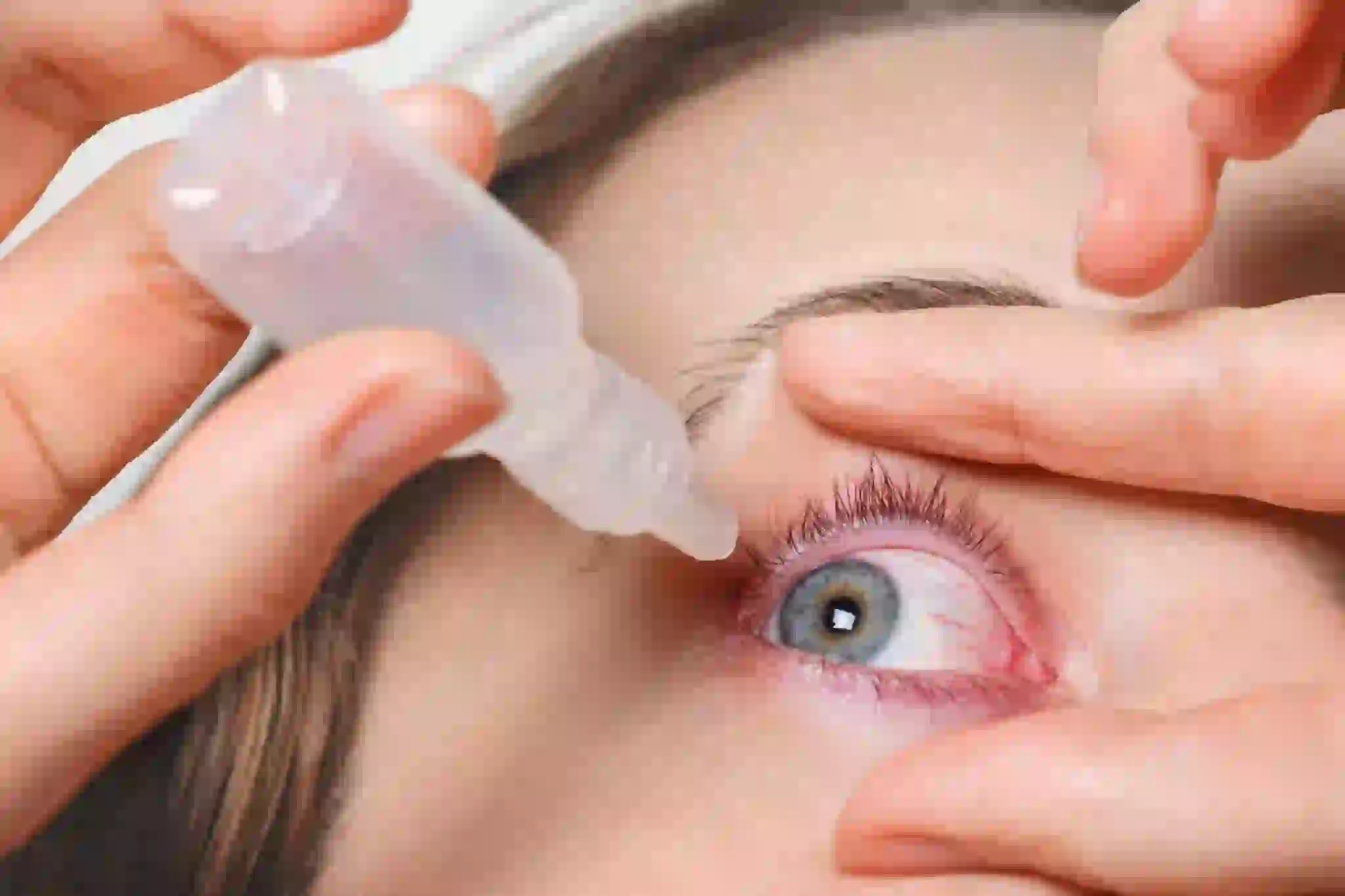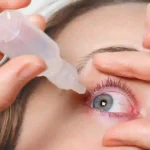Dry eye syndrome is a common condition in which the eyes do not produce enough tears or the tears evaporate too quickly. This leads to inadequate lubrication of the eye’s surface, causing discomfort and potential visual disturbances. But can dry eyes cause blurred vision and blindness? To answer this question, we first need to understand more about the role of tears in eye health, and while they are often manageable, untreated dry eyes can have serious implications.
The Role of Tears in Eye Health
Tears play an essential role in eye health by:
- Protection: Tears protect the eyes from irritants like dust, dirt, and allergens by washing them away. They also contain an antibacterial substance called lysozyme that prevents infections.
- Lubrication: Tears ensure that the eyes remain wet and smooth, which helps focus light and makes you see clearly.
- Nourishment: Tears also transport oxygen and nutrients to the eye’s surface cells.
- Healing: Tears contain healing nutrients that heal damage to the eye’s surface.
There are different types of tears, each with a specific role:
- Basal tears are permanently on the eye’s surface, acting like a protective barrier for the cornea.
- Reflex tears protect the eyes from irritants like smoke or foreign objects.
- Emotional tears are caused by emotions and interpersonal communication and contain proteins and hormones not found in other types of tears.
Tears play a vital role in maintaining healthy eyes. They provide essential moisture, lubrication, and protection against infections and debris. Tears also ensure light is refracted evenly on the eye’s surface for clear vision. When tear production or quality is compromised, the side effects of dry eyes can disrupt this balance, leading to irritation, inflammation, and visual problems.
Also Read: Symptoms of Dry Eyes
Side Effects of Dry Eye Syndrome
The side effects of dry eyes go beyond basic discomfort. If left untreated, dry eye syndrome can lead to complications such as:
- Persistent irritation and redness: Chronic dryness can cause ongoing discomfort and visible redness.
- Increased risk of eye infections: Tears act as a natural barrier against bacteria, and their absence increases the risk of infections.
- Blurred or fluctuating vision: Blurred vision – a dry eye symptom – is common due to insufficient tear production.
- Corneal damage: Severe dryness can lead to corneal scratches or ulcers, increasing the chances of vision loss.
- Difficulty with daily activities: Activities like reading, driving, or screen use can become challenging due to discomfort and blurred vision.
Can Dry Eyes Cause Blindness?
While dry eyes alone rarely result in blindness, severe cases can cause irreversible damage if untreated. Conditions like corneal ulcers or scarring stemming from chronic dry eyes can compromise vision significantly. Therefore, paying attention to the signs and symptoms of dry eyes early on becomes essential.
Is Dry Eyes Dangerous in Daily Life?
While dry eyes do not threaten your well-being, individuals with severe dry eyes often report difficulty concentrating on tasks like working on a computer or reading. Driving, especially at night, can also become hazardous due to glare sensitivity. These limitations highlight why early treatment is crucial to minimise disruptions to everyday life.
Early Intervention and Treatment
Addressing dry eyes promptly can prevent complications and improve quality of life. Treatment options include:
- Artificial tears: Over-the-counter drops provide temporary relief by supplementing natural tears.
- Prescription medications: These reduce inflammation and increase tear production.
- Lifestyle changes: Reducing screen time, improving hydration, and using humidifiers can help.
- Punctal plugs: These block tear drainage to retain moisture.
- Advanced treatments: Procedures like LipiFlow or intense pulsed light therapy can treat underlying causes of dryness.
Early diagnosis and tailored treatment can reduce the likelihood of severe complications, such as corneal damage or permanent vision impairment. At Centre for Sight, we specialise in treating dry eye syndrome with advanced diagnostic tools and personalised care.
Don’t let dry eyes disrupt your life Find an Eye Specialist Near You!
Frequently Asked Questions
Yes, dry eyes can become a serious issue if untreated. Chronic dryness increases the risk of infections, corneal damage, and other complications that may impair vision. Early treatment is essential to avoid long-term effects.
While there is no universal cure for dry eyes, treatments like artificial tears, anti-inflammatory medications, or lifestyle modifications can effectively manage the condition. In severe cases, advanced therapies such as LipiFlow may provide long-term relief.
Vitamin A deficiency is a known cause of dry eyes, as this nutrient is essential for maintaining a healthy tear film. Omega-3 fatty acid deficiency may also contribute to reduced tear quality.
Sudden dry eyes can result from environmental factors, medication side effects, or conditions like Sjögren’s syndrome. Hormonal changes or prolonged screen use can also trigger dryness.
While uncommon, severe and untreated cases of dry eyes can cause corneal damage or ulcers, which may lead to vision loss or blindness. Timely intervention can prevent such outcomes.





